democracy (n)
/dɪˈmɒk.rə.si/
dân chủ
a system of government in which people vote in elections to choose the people who will govern them

queen (n)
/kwiːn/
nữ hoàng
a woman who rules a country because she has been a member of royal family

Prime Minister (n)
/ˈprɑɪm ˈminɪstər/
Thủ tướng
the main minister and leader of the government in some countries
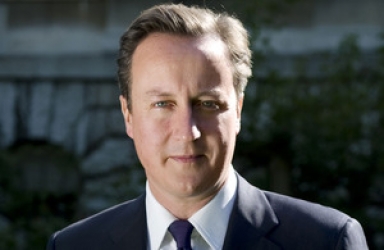
republic (n)
/rɪˈpʌblɪk/
nước cộng hòa
a country that is governed by a president and politicians elected by the people

referendum (n)
/ˌrɛfəˈrɛndəm/
trưng cầu dân ý
an occasion when all the people of a country or state can vote on an important issue
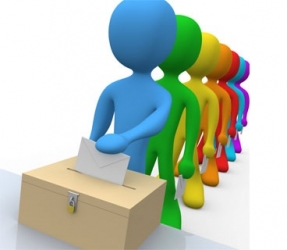
opposition (n)
/ˌɑpəˈzɪʃn/
phe đối lập
the political parties that are in a parliament, but not part of the government

cooperative (a)
/koʊˈɑprət̮ɪv/
hợp tác
involving doing something together or working together with others toward a shared aim
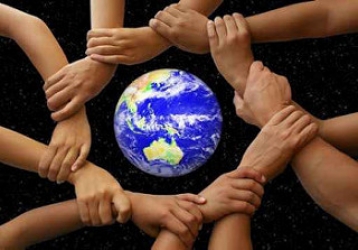
coalition (n)
/ˌkoʊəˈlɪʃn/
chính phủ liên minh
a government formed by two or more political parties working together
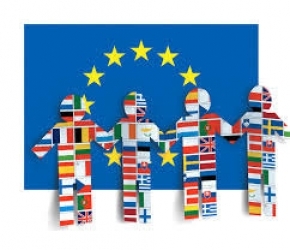
voter (n)
/ˈvoʊt̮ər/
cử tri
a person who votes or has the right to vote, especially in a political election

manifesto (n)
/ˌmænəˈfɛstoʊ/
bản tuyên ngôn
a written statement in which a group of people, especially a political party, explain their beliefs and say what they will do if they win an election

tackle (v)
/ˈtækl/
giải quyết, khắc phục
to make a determined effort to deal with a difficult problem or situation
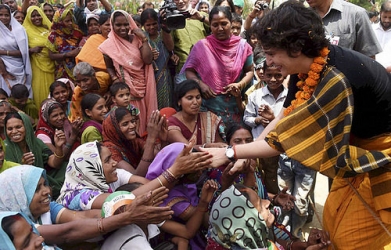
capitalism (n)
/ˈkæpət̮lˌɪzəm/
chủ nghĩa tư bản
an economic system in which a country's businesses and industry are controlled and run for profit by private owners rather than by the government

socialism (n)
/ˈsoʊʃəˌlɪzəm/
chủ nghĩa xã hội
a set of political and economic theories based on the belief that everyone has an equal right to a share of a country's wealth










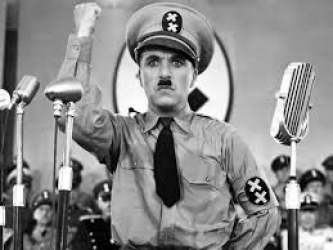



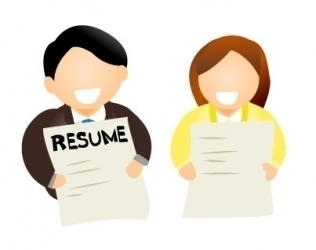

















 Hãy đăng ký thành viên và đăng nhập để sử dụng chức năng này!
Hãy đăng ký thành viên và đăng nhập để sử dụng chức năng này!
Bình luận